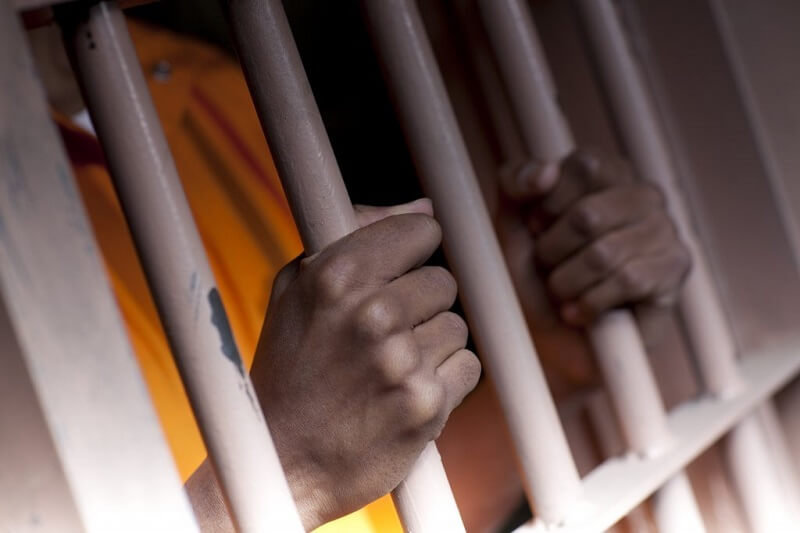AFSCME: It’s Time to Recognize the Sacrifices of Essential Workers During Pandemic
Labor Day is upon us, and the day off for (many, but not all) workers will include family, friends, heat and humidity, and the uninvited guest — COVID-19. This year the delta variant will be making its first appearance and given its aggressive spreading capabilities will leave victims behind in its wake. Now, well over a year of living with the coronavirus pandemic, it is instructive to look at how Maryland’s state workforce — those who provide needed supports and services to Marylanders — have fared over the past year.

